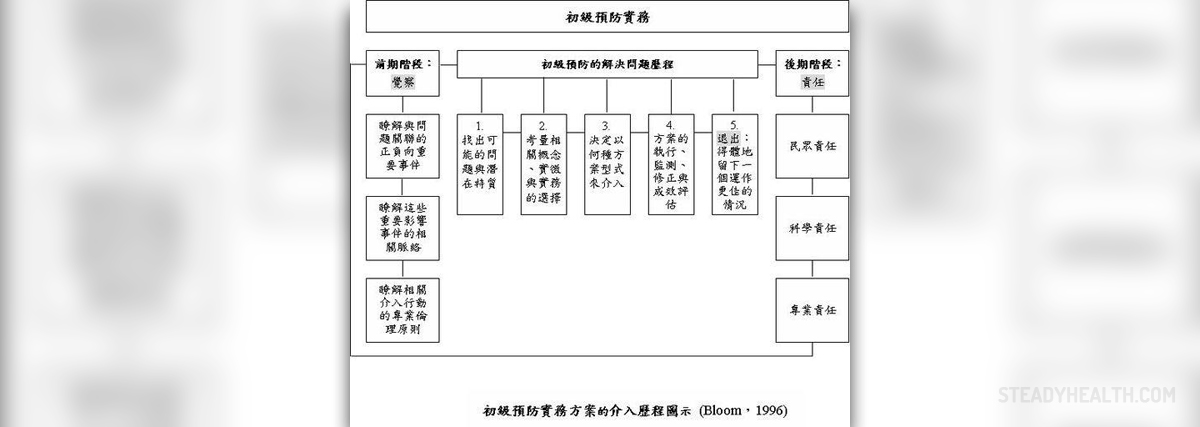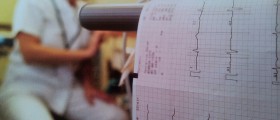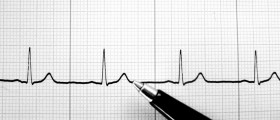
If one of the four heart valves becomes damaged, this could lead to valvular heart disease. The four valves of the heart are known as the mitral, aortic, tricuspid and pulmonary. These valves all perform different functions, for example, the pulmonary valve controls blood flow between the heart and lungs, the mitral and tricuspid valves control blood flow from the atria to the ventricles and the aortic valve serves the purpose of managing blood flow between heart and aorta. The mitral and aortic valves are the most vulnerable to valvular heart disease. The condition can be mild or serious, and can lead ultimately to heart failure.
Symptoms
Symptoms do not necessarily indicate the severity of the disease. Mild symptoms might be experienced even in severe cases of the disease, and vice versa. One might experience symptoms such as wheezing, shortness of breath, swelling of the limbs, chest palpitations, fatigue, dizziness, fever or rapid weight gain.
Causes
Valvular heart disease results in a narrowing and hardening of the heart valves. This will cause blood either to become clogged in the adjacent chamber (stenotic valve), or, to move back into the chamber from whence it came (incompetent valve). In some cases, the blood that accumulates in the chamber will be more likely to clot, thus leading to stroke or pulmonary embolism. Rheumatic fever, high blood pressure, carcinoid tumors, bacterial endocarditis and old age can all be potential causes of valvular heart disease. If you have suffered a heart attack, this may also be a cause of the condition.Prevention and Treatment
The risk of valvular heart disease occurring can be lessened through avoidance of smoking and reduced alcohol consumption. Additionally, one should look to maintain a healthy, balanced diet. Try to avoid foods that are high in salt or fat. One should also try to get as much exercise as possible. If you overweight, you should look to lose some pounds as soon as possible. When you are being treated, ensure that you stick to the prescribed program and, if you suffer from diabetes, be sure to carefully control your blood sugar levels.
Long term antibiotic therapy is also generally advised in the case of those who have suffered from streptococcal infection, rheumatic fever and transient ischemic attacks as a result of valvular heart disease. Warfarin may be recommended to those who have experienced atrial fibrillation and long term anticoagulant use may be necessary following any surgery performed as a result of valvular heart disease.
















Your thoughts on this
Loading...